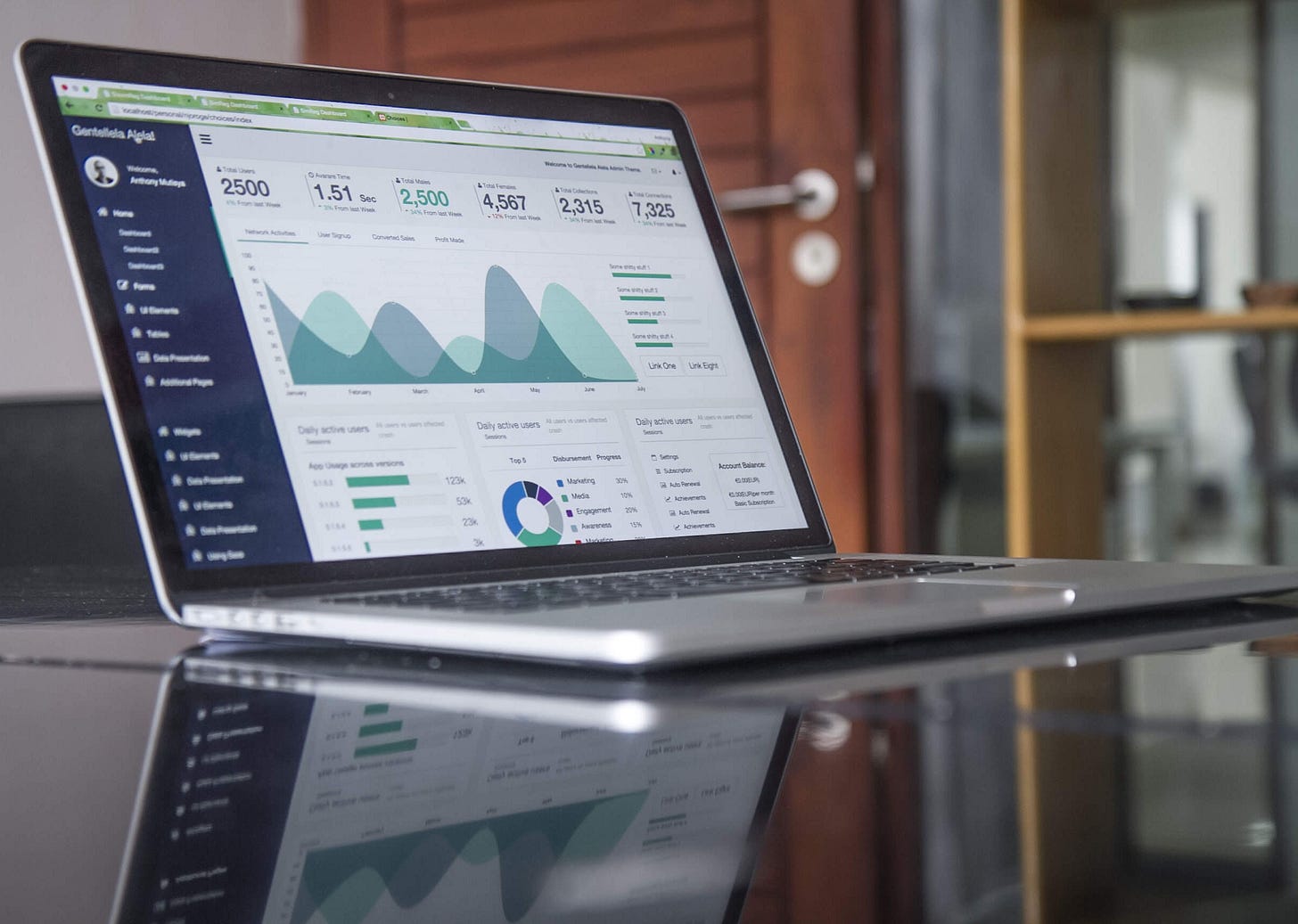The building blocks of the Public Affairs profession
European public affairs professionals should have expertise in five key areas: marketing, data management, the EU legislative process, technical skills and business acumen.
The job of public affairs and lobbying is fascinating.
One of the most interesting aspects is the variety of tasks that exist in the job. A public affairs professional must be tour à tour a communications strategist, an EU legislative process expert, a business mastermind, and a networker. The best of us excel in all these fields.
Now, for the sake of levelling the playing field, and to identify the areas where I need to focus on, I mapped the building blocks of the EU Public Affairs profession. I hope this is also useful to you. In any case, I’m curious to hear what you think of this dichotomy, and if there are jobs that I missed. You know what to do:
Without further ado, here are the building blocks of what constitutes the European Public Affairs profession.
Marketing
Because the end goal is to convince a policymaker to adopt a position—your position.
I believe that any lobbyist must be a communication professional at heart. Being a technician in EU policymaking is important, but if you cannot convince others about the rightfulness of your ideas, then what you do is useless.
Communicating is not enough. We must convince. We are competing for the attention of the policymakers of various institutions, who are also courted by our partners or adversaries. Your narrative must be sound and impactful.
This is why Marketing is so important for lobbyists.
Then, we can identify a few specific skills that you need to master. The first one is setting a communications strategy. Identify your message and how it answers your stakeholders’ needs. Set KPIs and objectives.
Then, you must be equally good at social media and traditional media relations. There are various ways to bring your narrative forward. Via thought leadership, sponsoring an article in Politico, advertising, etc.
Stakeholder management is another key aspect of marketing for public affairs. Know how to identify the relevant people, who you want to influence. How to nurture relationships with them, etc.
Finally, I would conclude with the importance of rhetoric. Cultivate your ethos, logos, and pathos to win the day.
Data management
I am certain you will agree with me: intelligence gathering and analysis is key for our profession.
That’s in fact what most of us do first in the day. We open our mailbox and skim through various newsletters. Then Twitter. Some of us have access to fancy tools to monitor social media globally. Of course, it is important to keep an eye on the EU institution publications as well.
Very good. It means that we all understand the value of information gathering.
Now, what do you do with it? When I started my career as an intern in policy, my role was to monitor news development and flag it to my more senior colleagues. If the news was indeed relevant to them, they would send it to their clients. But I missed how the information was used to influence our strategy.
In-house policy officers have an advantage in that regard, compared to consultants. The latter are “told” by their clients what to do—yet, if you are a consultant, I recommend being proactive and explaining to your clients the impact of new development on their strategy.
In any case, I think it is important for us policy officers, lobbyists, and campaigners to always consider new data and new information as assets to confirm, orient, or re-work our strategies.

EU policymaking and legislative process
Yeah, that’s the big one.
This knowledge is in fact the centre of most books, discussions, or training in the EU bubble. I get it: that’s how we see our job. Be on the lookout for Commission’s proposals, then discuss the issue with Perm Reps and MEPs. Then follow up until the file is voted on and implemented.
Most often than not, we see public affairs solely through the prism of the legislative process. Hence the questions like “When to step in the legislative process?” or “Which committee will be responsible for file X?” or again “Directive, regulation, or communication?”.
Don’t get me wrong. These are important questions. But do they have to take up so much of our time? I do believe that other questions (of media relations, of finances, of technical expertise) should take up as much space as those on the legislative process.
This being said, I recommend you read the complete How to Work with the EU Institutions by Alan Hardacre et al. to have a full understanding of the EU policymaking process in the context of lobbying.
Technical expertise
Have you seen? Everyone in Brussels has a focus on one or two areas.
Why is it so?
Well, two reasons. First, it is because the lobbying system in Brussels has been built around the need, from the EU institutions, for expertise, which they don’t have in-house. Thus, to lobby effectively, be called in expert groups, and develop privileged relationships with Commission officials, it’s better if you are an expert in a specific field. This system is particularly well explained in Jean Comte’s new book Au coeur du lobby européen.
The second reason is that expertise forces us not to play with too many distractive concepts, and be good—if not excellent—at only one or two. A trade association or an NGO will rather employ someone that has a profound knowledge of a certain policy aspect, rather than someone who is known for foraging here and there for several unrelated topics.
I’m not saying you should not diversify and look for another field if you feel like it—I did it myself, after all. But try to develop expertise in every field you get into.
Clearly, technical expertise is key for successful lobbying. So how do you develop it? Well, you can read the publications of the industry, grab a few books, and ask the other experts. The senior lobbyists, of course, but also scientists, researchers, and workers in your industry. Broaden and deepen your scope.
Second imperative: have your expertise recognised. I think the best way to do it is to start writing publically. Start a newsletter, an online publication. Perhaps develop a podcast with the patronage of your employer…
You get the idea. Get your ideas—and those of the interests you represent—out there. Be seen as a thought leader and expert on your topic.

Business management
This one is rather for the most senior of us, although I encourage young PA professionals to have a look into it.
What is business management? At the core, it is the effort to best allocate the resources of the business to achieve the goals of the organisation. Resources include financial resources, but also staff, time, business organisation, etc.
A good lobbyist must have this business acumen. If you lead the public affairs department of your employer, you will need to deliver results and measure the benefits of your activities to your organisation as a whole.
You will also have to allocate the resources that you are given the proper way. You then need to define a strategy, objectives and Key Performance Indicators (KPIs). You will have to divide your time and the time of your collaborators into activities that have the most impact.
You will probably have to hire, replace, and train your people so that you keep and nurture the best talents. You will have to become a manager.
Now, this may not feel like something lobbyists should or could do, and most of the junior people don’t see themselves managing financial resources and other people. Yet, there are ways, even at a lower level, to develop these business skills.
The way you manage your own time is precious. Are you spending it on meaningful activities that advance your organisation’s goals? You could also assess the usefulness of the tools you are using. Perhaps a paid grammar corrector could save you precious minutes of work. Should you spend €200 for an online course if makes you more productive?
I encourage you to develop your business skills the same way you do for other “business lines” of the public affairs profession.
Conclusion
These are the five “building blocks” that any lobbyist should strive to develop at every stage of his career.
Depending on where you stand at the moment, you could focus on one specific, or rather develop all five at the same time. The important thing is to keep on learning and growing.
If you want to understand where you could improve, feel free to contact me or schedule an appointment, and we’ll explore together how to put you at the next step of your professional development.
In the meantime, I would greatly appreciate it if you could give a like or a comment to this post.



